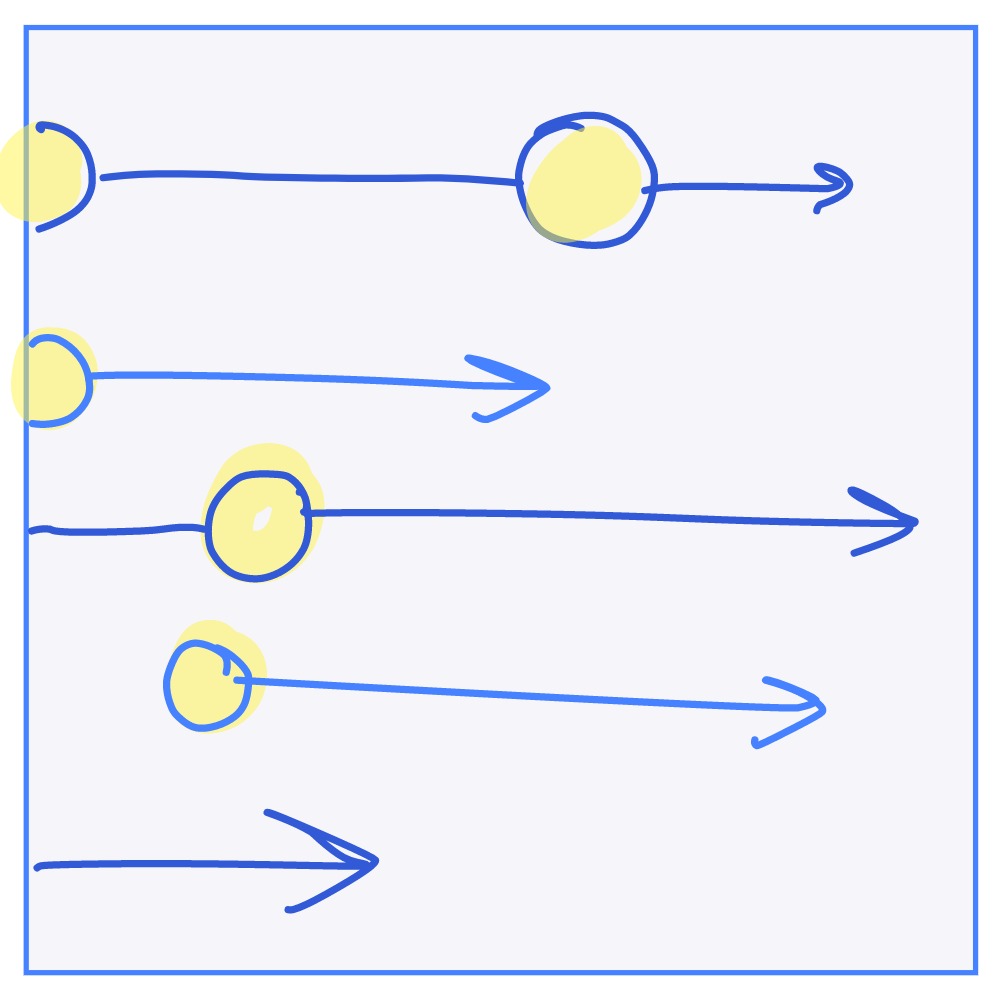Mindsets
We have developed these ‘Mindsets’ as guiding principles for how we approach design and innovation within the context of care research.

Mind the gap
We bridge the gap between the academic research of dementia and the daily realities of people affected by dementia, both carers and those with a diagnosis. We respect that everyone’s experience of dementia is unique, but also that it changes, sometimes quickly. We design our research for people with dementia and their support networks together, knowing that roles will shift over time.

Quantify but always qualify
We are mindful of the demands involved in data collection through studies and continuous assessment. Participants in our studies may feel overwhelmed by their situation and the pressure of participation. Their feelings and level of participation will also change as the dementia progresses. Our approach seeks to consider our participants’ needs, be informed by their aspirations, and be aware of the ‘whole picture’ of their participation.

Design for diversity
Dementia is a process of continuous loss, including memory, identity, and control. However we respect that people with dementia retain many abilities, and we are guided by individuals and their carers in participants’ ability to engage. We aim to design for a wide range of ability and family support scenarios, and include different cultures, backgrounds and attitudes towards technology.

Ask, recognise, consult
We consider our designs against the ‘ARC’ of the dementia narrative, from pre-diagnosis to advanced progression. We seek to involve people with dementia, their carers and understand their diverse experiences. We seek input throughout the development of products, services and studies, from steering the direction of scientific enquiry, to the acceptability and desirability of interventions, through to the fine details of a user experience. We design to increase engagement, which our research depends on.
